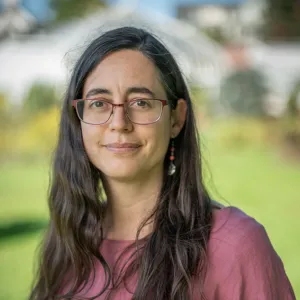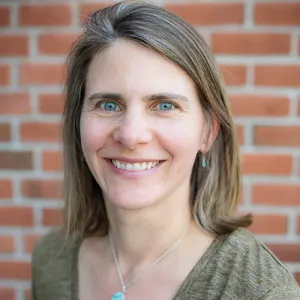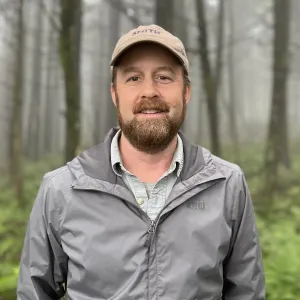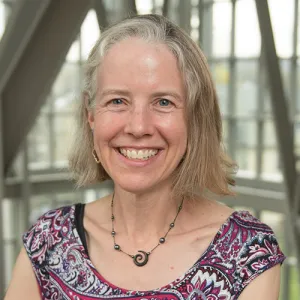CEEDS Curricular Enhancement Program
The Center for the Environment, Ecological Design and Sustainability (CEEDS) invites proposals from faculty (and teams of faculty) in any discipline for development of new courses or modification and enhancement of existing courses that will support our mission—to graduate women who excel at integrating knowledge across disciplines in support of environmental decisions and actions—and our programmatic outcomes:
- Students make connections – Students bring together knowledge and data from different fields within the unifying context of the environment.
- Students see multiple perspectives – Students learn to see environmental issues from multiple perspectives by interacting with faculty, staff, alumnae, other students, and community members with different backgrounds, experiences, and knowledge.
- Students get outside – Students learn from the communities and built and natural landscapes in which they live and study.
- Students take action – Students take on environmental projects inside and outside of the curriculum and draw upon their liberal arts education in pursuit of these projects.
Activities Supported
The intent of this program is to support faculty who wish to develop a new course or modify, revise, or enhance existing courses. The program supports activities like new course development, new lectures or discussion topics, design of new assignments and projects, and incorporation of field trips and experiences. CEEDS can provide expertise, infrastructure, supplemental course funds, and summer stipend in support of these efforts. Faculty stipends are offered at three scales: 4 credit course ($2000), 2 credit course ($1000), or substantial component of 3-4 class sessions ($500). CEEDS can also coordinate access to equipment, instrumentation, and transportation. Supplemental course funds can be used for the purchase of books, materials, supplies and field trip expenses.
We are particularly interested in proposals that explore aspects of sustainable communities in policy and practice, support our environmental concentration, that make use of the MacLeish Field Station or connect to the college's current strategic initiatives.
How to Apply
We invite you to contact Andrew Berke (aberke@smith.edu x3637) or Joanne Benkley (jbenkley@smith.edu x3951) to discuss your ideas and questions. Please submit your proposal via the application form on our website (smith.edu/about-smith/sustainable-smith/for-faculty). Individual and joint proposals are welcome. All proposals must include an articulation of anticipated educational outcomes (see above), and recipients of funded proposals will be asked to report back on results. The normal application cycle is in the spring semester for courses in the coming academic year. Applications submitted outside this cycle will be considered as funding allows.
Examples
A professor of American studies may wish to incorporate the cultural and industrial history of the Mill River and its role in the development of Smith and Northampton. Proposed activities may include meeting with faculty in economics and water resources, development of two new lectures, and design of a half-‐day field trip to walk the hidden Mill River through town. Educational outcomes may be that
- students better understand the connections between culture, economics, hydropower, and other aspects of the Mill River
- students develop a deeper sense of the city of Northampton and the Pioneer Valley
A course in plant ecology may wish to partner with a statistics course to determine how the microclimate of a hemlock grove differs from a stand of sugar maples. The proposed enhancement may include discussions between the faculty, a field trip to MacLeish during which the plant ecology students introduce the students in the stats course to the ecology of the sites, presentations by the statistics students to the plant ecology class, development of a webpage by the ecology students to present the results of the project to a broader community. Intended educational outcomes may be that
- the statistics students gain a deeper understanding of the ecology of a New England forest
- the plant ecology students will gain skill in communicating ecological concepts to those outside of their discipline
A professor in the theatre department may wish to engage with a local composer and students to develop a site-specific music-theatre piece at the Ada and Archibald MacLeish Field Station that will investigate the local environment, its ecology, indigenous stories of the land, and its connection to our history (recent and geological). Proposed activities may include interviewing experts, considering data collected at the field station, research of the history of the region from an ecological perspective, trips to the field station, investigation of traditional theatre operations, and performances of the piece both on site and on campus open to the broader community. Educational outcomes may be that
- the students experience a more meaningful connection (local/historical/ecological) to the landscapes in which they live and perform
- the students deepen their understanding of environmental issues, and bring this perspective into theatre work by, for example, developing low energy lighting solutions
- the students will gain skill in communicating complex, interdisciplinary concepts to the public.
More examples are in our Previously Funded Projects file on our webpage:
https://www.smith.edu/about-smith/sustainable-smith/for-faculty





